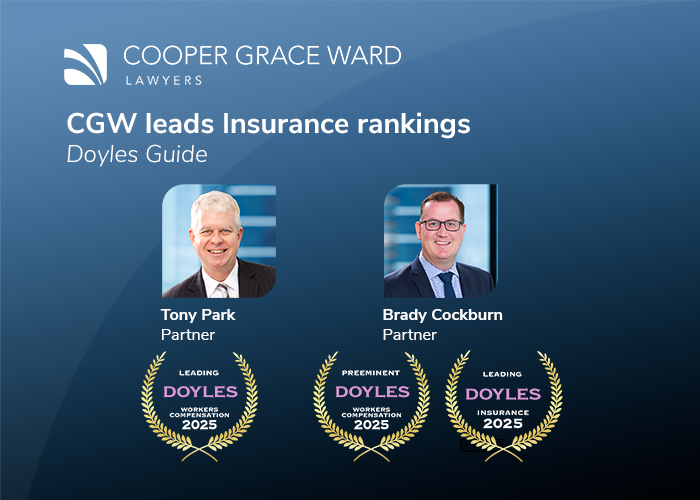The ATO has long insisted that once a limited recourse borrowing arrangement (LRBA) has been fully repaid, the property must be transferred to the trustee of the SMSF, otherwise the investment will be an in-house asset (and for most SMSFs this will present compliance challenges). This has resulted in SMSFs incurring unnecessary expenses as a result of having to formally transfer the property, together with double duty in some cases.
The ATO has released a draft legislative instrument that proposes to extend the in-house asset exemption to LRBAs once the loan has been fully repaid. This means that the property will no longer need to be transferred to the trustee of the SMSF when the loan has been repaid.
However, for this proposed exemption to apply, the asset held on trust must continue to be a ‘single acquirable asset’. This means that the existing limitations on changing the asset continue to apply. If, for example, the trustee of the SMSF wishes to develop the asset, it must first be transferred to the trustee of the SMSF, otherwise the investment will be an in-house asset.
The draft instrument also includes an exemption to the in-house asset rules for LRBAs that are established but the borrowing has not yet begun or the asset is not yet held. This exemption is critical as the current exemption does not apply where:
- the SMSF borrows to pay a deposit, but has not yet acquired the asset; and
- there is a time delay between establishing the bare trust and settling the contract to acquire the asset, such as off the plan property contracts.
If it is given the go ahead, these exemptions will apply retrospectively from 24 September 2007, the date from which the Superannuation Industry (Supervision) Act 1993 was amended to allow limited recourse borrowing arrangements.




